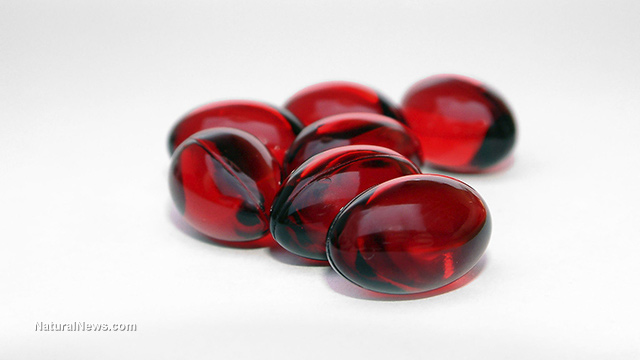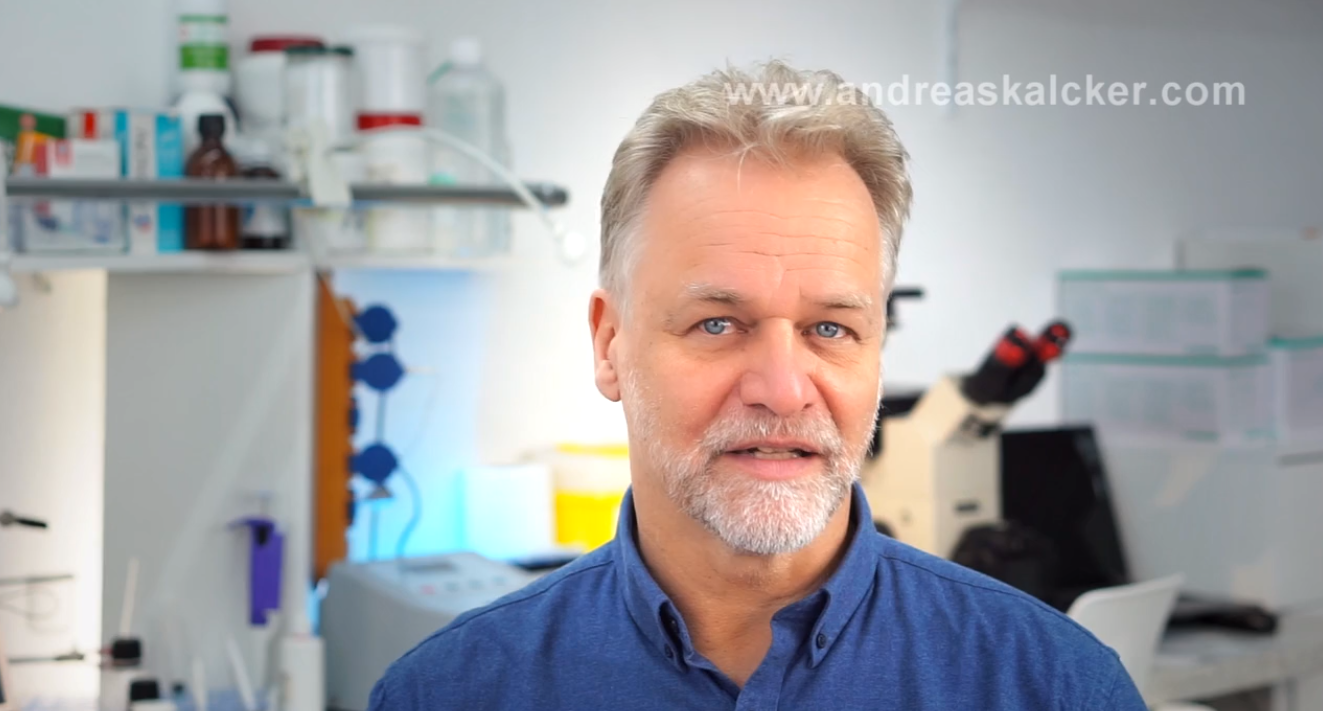Could this tiny plant be the key to preventing memory loss?
02/04/2019 / By Edsel Cook

One of the best ways to protect your brain from the symptoms of memory loss can be found inside tiny photosynthetic organisms that live in watery environments. Astaxanthin derived from algae can help maintain clear memory and normal brain function.
Astaxanthin is a carotenoid found in all kinds of algae. It is also present in crustaceans, salmon, trout, and yeast. The vivid red color of salmon meat and cooked shellfish is attributed to this pigment.
This natural substance displays strong antioxidant activity. Many studies have been conducted on its ability to prevent the onset of all kinds of diseases associated with inflammation.
Of particular note is the protection astaxanthin offers against brain diseases. It has recently been shown to stop the development of Alzheimer’s disease, Parkinson’s disease, and other neurodegenerative disorders.
The first hints of this neuroprotective effect came from the way astaxanthin supported healthy vision. There is a strong connection between eye health and brain health, given the two organs are located practically beside each other. It stood to reason that the carotenoid would affect the brain as well as the eyes. (Related: Cucumbers prevent memory loss.)
Astaxanthin protects the brain from excessive glucose and caspase-3
Researchers believe that astaxanthin stops glucose from causing injury to neuronal memory centers in the brain. The carotenoid is especially beneficial to the hippocampus, the region of the brain responsible for storing memory.
Unhealthy levels of glucose can cause serious damage to the neurons in the hippocampus. It also hastens the aging process of the brain, which further degrades memory.
Diabetes and other disorders that disrupt metabolism cause blood glucose levels to skyrocket. People afflicted with these disorders often experience problems with their memories. Their issues will only increase as they get older and become even less able to maintain a healthy metabolism.
Fortunately, astaxanthin can reduce the neuronal damage caused by high glucose levels. So it can protect the brain of older people who are no longer able to regulate their sugar levels as efficiently as before.
A 2015 animal study conducted by Xuzhou Medical College researchers tested the protective effects of astaxanthin on diabetic mice. They reported that animals treated with the carotenoid exhibited much lower amounts of neuronal damage in their hippocampus.
Furthermore, astaxanthin displayed the ability to control the expression of caspase-3. This protein plays a big role in the process of cellular death.
Metabolic diseases can cause excessive expression of this potentially dangerous protein. In a similar way to glucose, high levels of caspase-3 will cause neuronal cells in the hippocampus and other brain regions to die. And just like with glucose, astaxanthin can prevent this from happening.
Support your vital cellular pathways by eating astaxanthin-rich foods
Researchers have identified the means by which astaxanthin achieves its protective effects. Astaxanthin supports the biological pathways by which the body ensures its various cells are functioning properly.
Problems in these pathways cause cells to die off before their allotted time. As more cells die off, the efficiency of the tissue or organ suffers, which opens the way for diseases to develop.
It is believed that astaxanthin keeps these cellular pathways active and healthy. This prevents unwanted cell deaths and maintains the efficiency of their parent tissue and organs.
Several similar studies corroborate this beneficial effect. In those tests, elderly people who took astaxanthin supplements experienced improvements in their memory.
Other studies say astaxanthin could minimize the brain damage caused by strokes and improve the symptoms of epileptic patients.
Sources include:
Submit a correction >>
Tagged Under:
astaxanthin, astaxanthin for brain health, brain function, brain health, carotenoid, glucose, Herbs, hippocampus, memory loss, natural medicine, remedies
This article may contain statements that reflect the opinion of the author
RECENT NEWS & ARTICLES
COPYRIGHT © 2017 REMEDIES NEWS





















